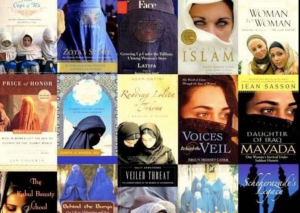I'm pretty forgetful about wishing other people well on their holidays–and Judaism has so many of 'em–so
allow me to atone a bit with a hearty Purim mubarak
to Jewish readers. [Eid mubarak, or "blessed festival", is how Muslims greet each other on the Islamic holidays.]
Purim has always fascinated me. In its pageantry and boisterousness, it
reminds me of the cathartic communal holidays of medieval European religious
life.
As a Muslim, one aspect in particular has inevitably always caught my
attention. Obviously, alcohol isn't its point and drunkenness is
discouraged in Judaism (to wit, what happened to poor Ham
when Noah knocked one too many back*), but there aren't many religious holidays
where celebrants are religiously mandated to get tipsy (if not tanked).
A more un-Islamic holiday is hard to envision, sharia-wise. In fact, I suspect that many
conservative Muslim traditionalists (no, it’s not a redundant locution–there
are other kinds, too…) would argue it to be haram to even wish a Jew a
happy Purim, considering it an encouragement of an activity that sharia seeks to eliminate from society.
But it’s not un-Islamic for the reasons many would assume.
It's well known that Islam and Judaism have strikingly similar sacred
rituals and taboos–i.e., that they share affinities in terms of daily
practice–but their underlying philosophical commonality is often completely
overlooked. The idea that Christianity and Judaism share an inner core of
spirituality absent from Islam is rather debatable, as is well illustrated IMO by
how some dismissive Christian thinkers can be of ritual, overlooking how ritual
is often a manifestation (not to mention reinforcement) of faith and belief. To
Jews and Muslims their daily rituals and conscious sacrifices are anything but
the "vain
repetitions" that some Christians condescendingly assume them to be.
*According to Jewish tradition, I hasten to add. Islamic tradition, in contrast, holds this
and other similarly unflattering anecdotes about prophet found in the Hebrew
Bible to be myths. Prophets are considered sinless in Islamic tradition, which
raises interesting hermeneutical questions when dealing with of the Tanakh’s more
juicy passages.











